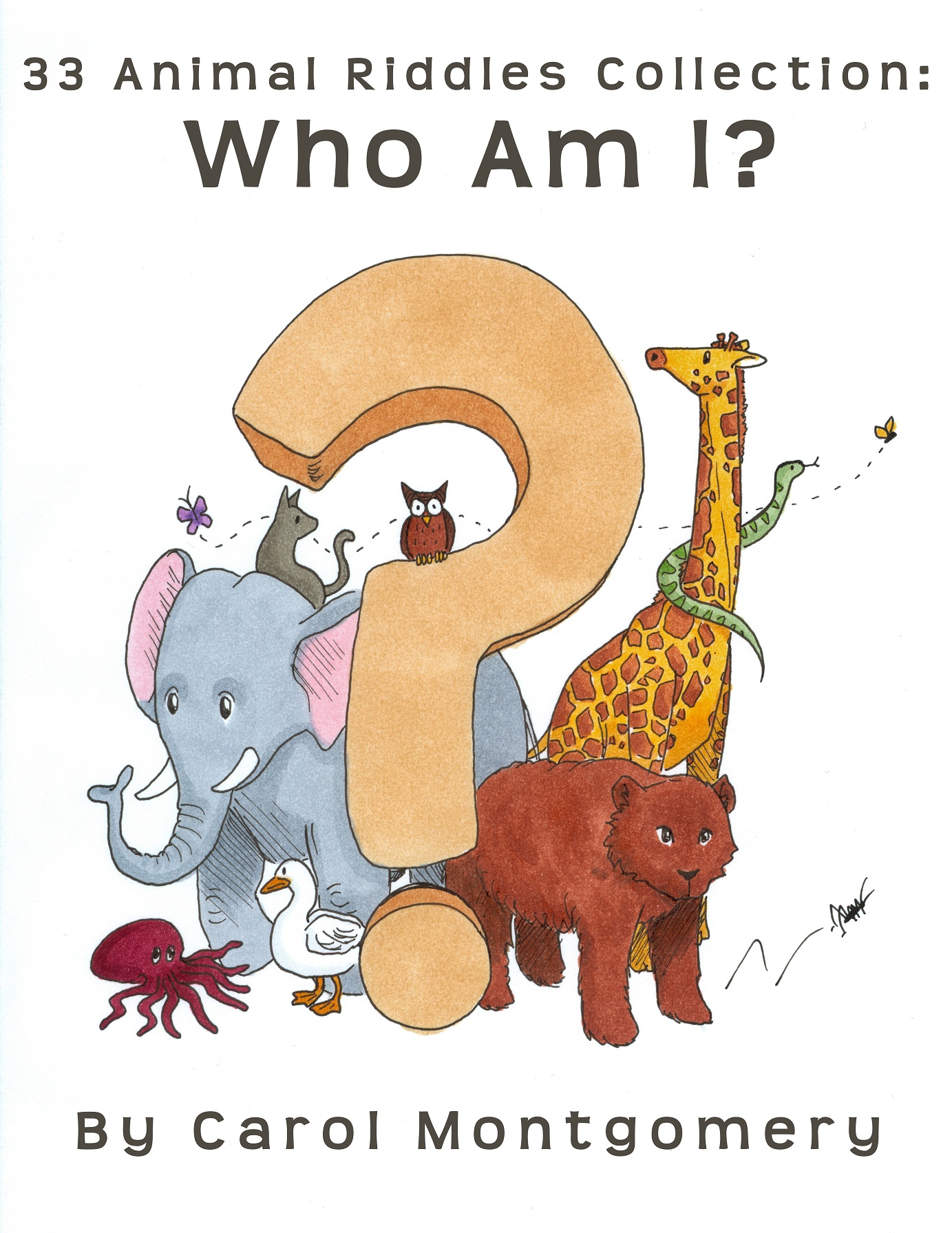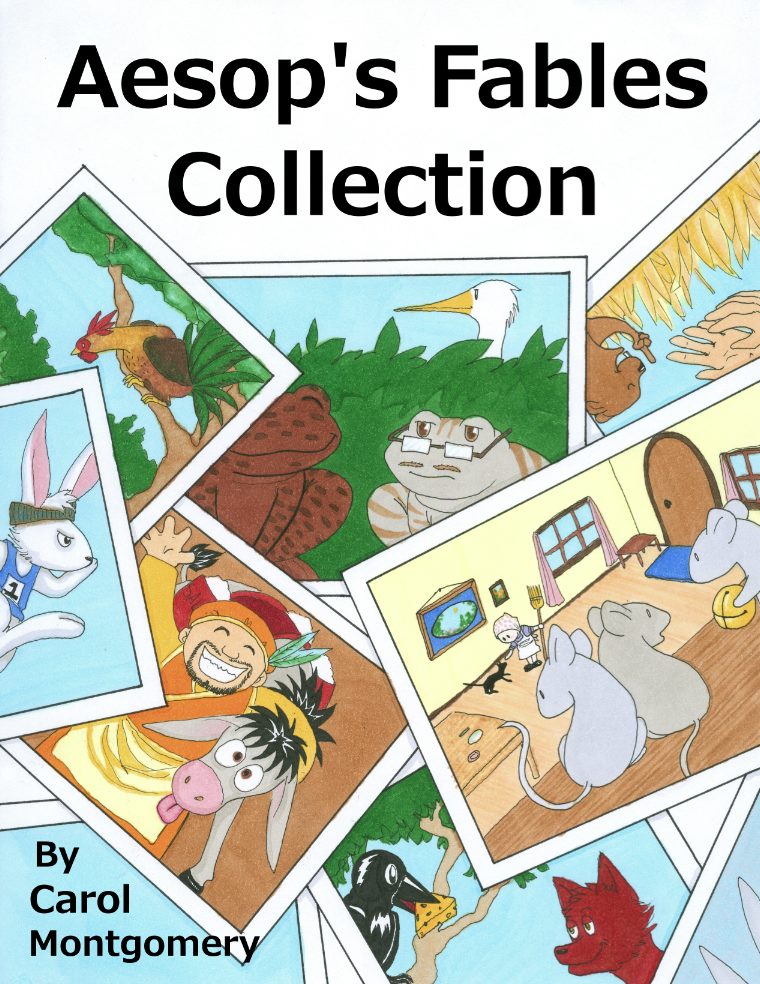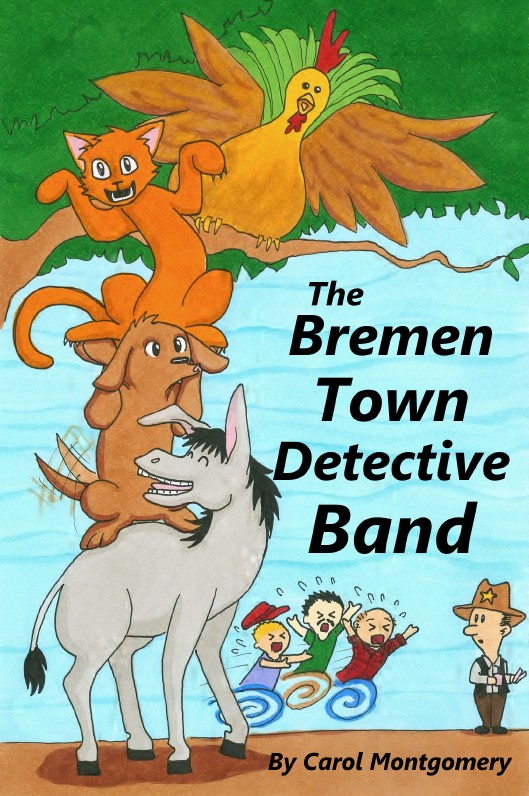publication date: Dec 4, 2023
|
author/source: Carol Montgomery

Have you ever thought about leaving teaching? I discovered in my first year of teaching that a particular group of students had challenged teachers in K, 1st, 2nd, and 3rd grade. Before the class entered 4th grade that teacher "retired." I was hired to take her place.
Wow! It was my first year of teaching and I had a difficult class with a serious reputation. I felt like I was thrown into the fire! I was ready to quit before Christmas, but...I had signed a contract in May–before I knew about the tough class coming up. Because of the contract I knew I couldn't quit. I changed my approach instead and the class flourished. Woo-hoo! I wish I would have known about Readers Theater back then–even though I now recognize some ugly truths about Readers Theater:
1. A few classes are too wild for Readers Theater–especially at the beginning of the year. You have to establish your class rules, guidelines, and procedures before you can break into small groups for practicing scripts. Once you have cooperative and disciplined students you'll be surprised how motivated and responsible students can be with Readers Theater. (Hint: I assigned a rotating "student director" in each group to help with practices while I moved from group to group.) Of course, some classes easily cooperate and follow directions from the beginning. Trust me. You'll know.
2. Some students are difficult to motivate. Is that the student's fault? Or, is it because the Readers Theater script topic or story isn't a good match with the student? Maybe the student is shy or not confident about reading or reading aloud? Perhaps the student isn't motivated because no audience is expected? Students rally when they can shine in a program or presentation to an audience. Just give them time to practice in order to build their confidence and even the shy students will sparkle.
3. Not every student reads at the same level. I think that's true for most classes. Yet, not every Readers Theater part has the same level of difficulty, so that's okay. Just go over vocabulary, select volunteers to try a variety of parts, and assign your best readers to the narrator parts because the narrators carry the story. Readers Theater works great for integrating learning–even with gifted or struggling students. Just make sure that you choose appropriate scripts (e.g., readability, vocabulary, topic...).
4. Readers Theater may be difficult to grade or evaluate if you don't know how. To be honest, I did NOT know exactly how to evaluate Readers Theater when I started using it as a tool to help students. But, I didn't have to grade every practice or program either. So, IF you need to grade your Readers Theater student we have a Pinterest board with a variety of rubrics or evaluation tools to help you. And, we have an expanded category on our website with GIFT RUBRICS: "Checklists and Rubrics for Readers Theater." Do we really HAVE to grade everything, though?
5. Some Readers Theater Scripts seem to encourage and reinforce bad attitudes or poor character qualities. This can be REALLY UGLY! I remember reading a Readers Theater script from a famous children's author. I was appalled. The little girl in the script had a horrible attitude of disrespect towards her mother and she was rewarded for her bad attitude at the end. I suppose that the author thought that it was funny. As a parent and teacher, I was NOT amused. Since Readers Theater fluency improves with repeated readings, bad attitudes and negative phrases have the potential of being repeated outside of the script, thus reinforcing negative character qualities. Why would we want students to focus on bad attitudes when Readers Theater has so many opportunities to build positive character qualities? Choose trustworthy scripts to avoid this potential problem.
Many adults are afraid of speaking or reading aloud in front of others–especially in front of a group. Why?
Were they laughed at as a student?
Did they see others ridiculed or embarrassed?
Do they lack confidence in their own skills?
You can avoid the risks of ridicule by setting up guidelines ahead of time so that students feel safe. Although Readers Theater boosts confidence, some students feel better about reading aloud when teachers use Choral Readers Theater or buddy reading with a partner. As they do repeated practices you'll see students build lifelong skills and confidence. But, remember applause makes everyone smile. How often will your students hear it?
Are there really "ugly truths" about Readers Theater? Unfortunately, yes. So, is it worth the time to invest in Readers Theater regularly? Absolutely! This helpful article shares 5 "ugly truths" about Readers Theater as well as a few tips for success. Every child deserves an opportunity to shine–in spite of a few ugly truths. Ugly truths can be overcome and perhaps transformed into beautiful benefits, right?










.jpg)

